Our Clients
We work with innovative companies that want to grow their business by licensing third-party brands

Hippo Blue x Disney
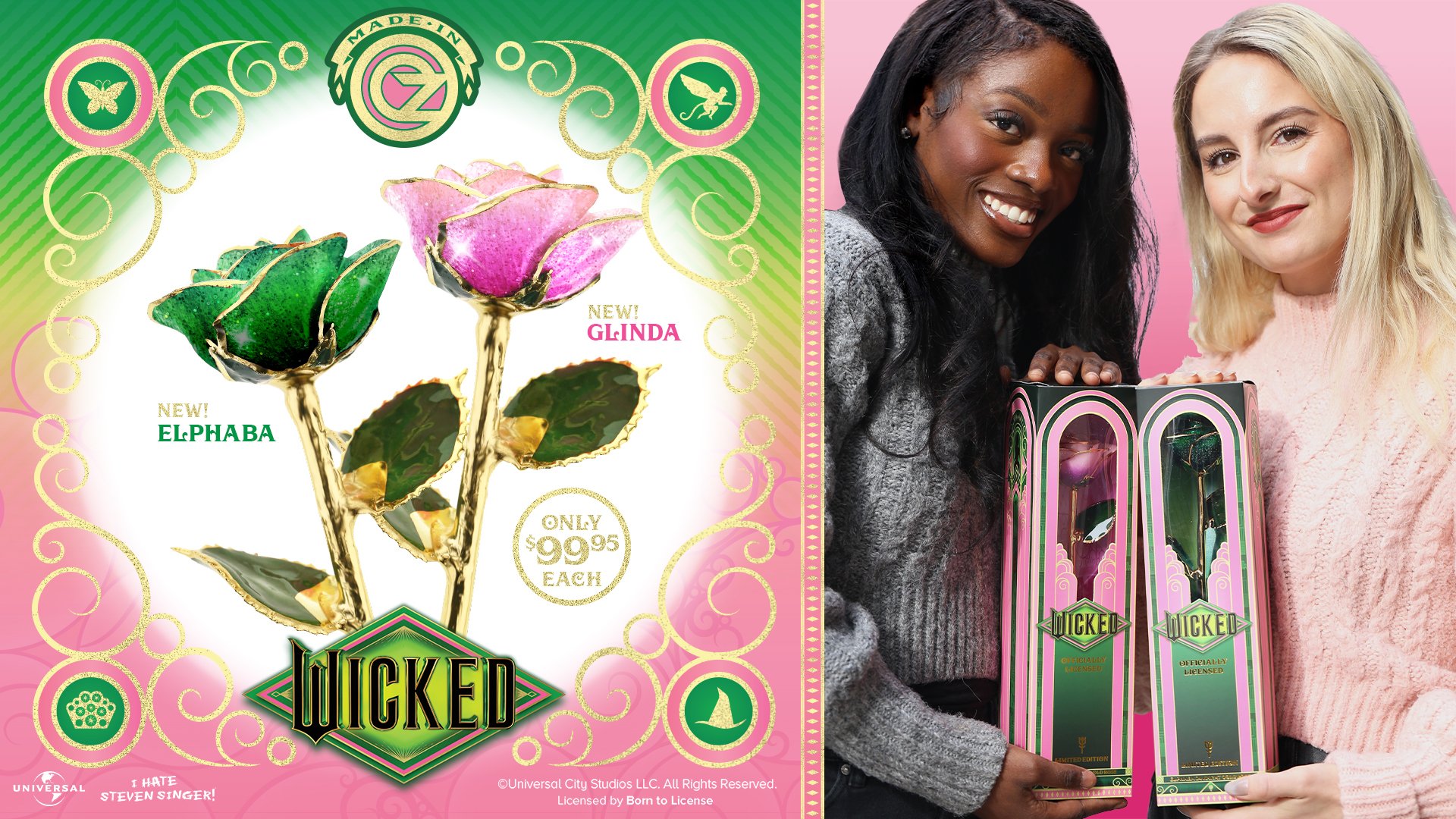
Steven Singer Jewelers x Wicked
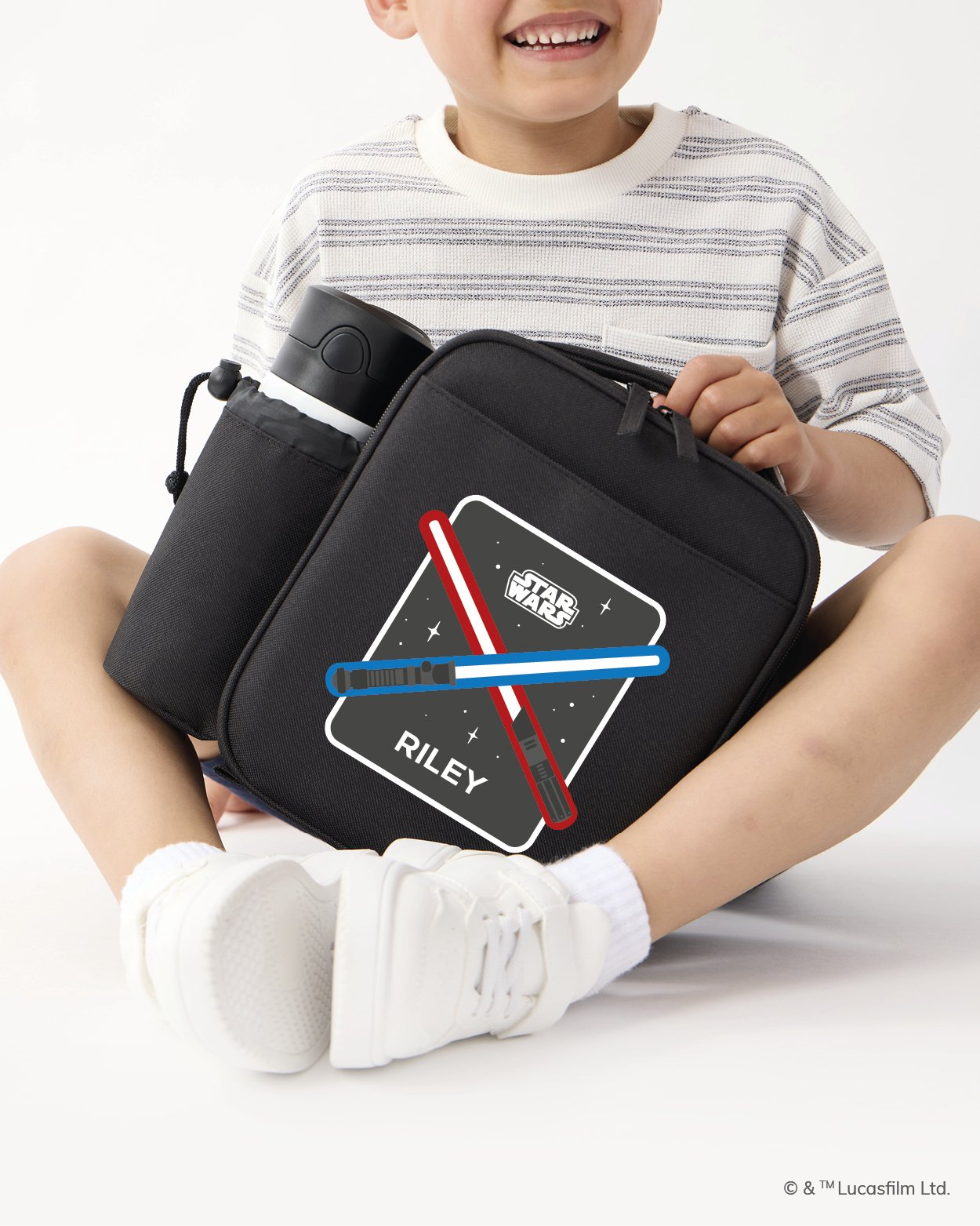
Hippo Blue x Star Wars

Fira x Wear x My Hero Academia

WOLFpak x Popeye

Hippo Blue x Toy Story

Steven Singer Jewelers x Wicked: For Good

Plum Deluxe x Peanuts
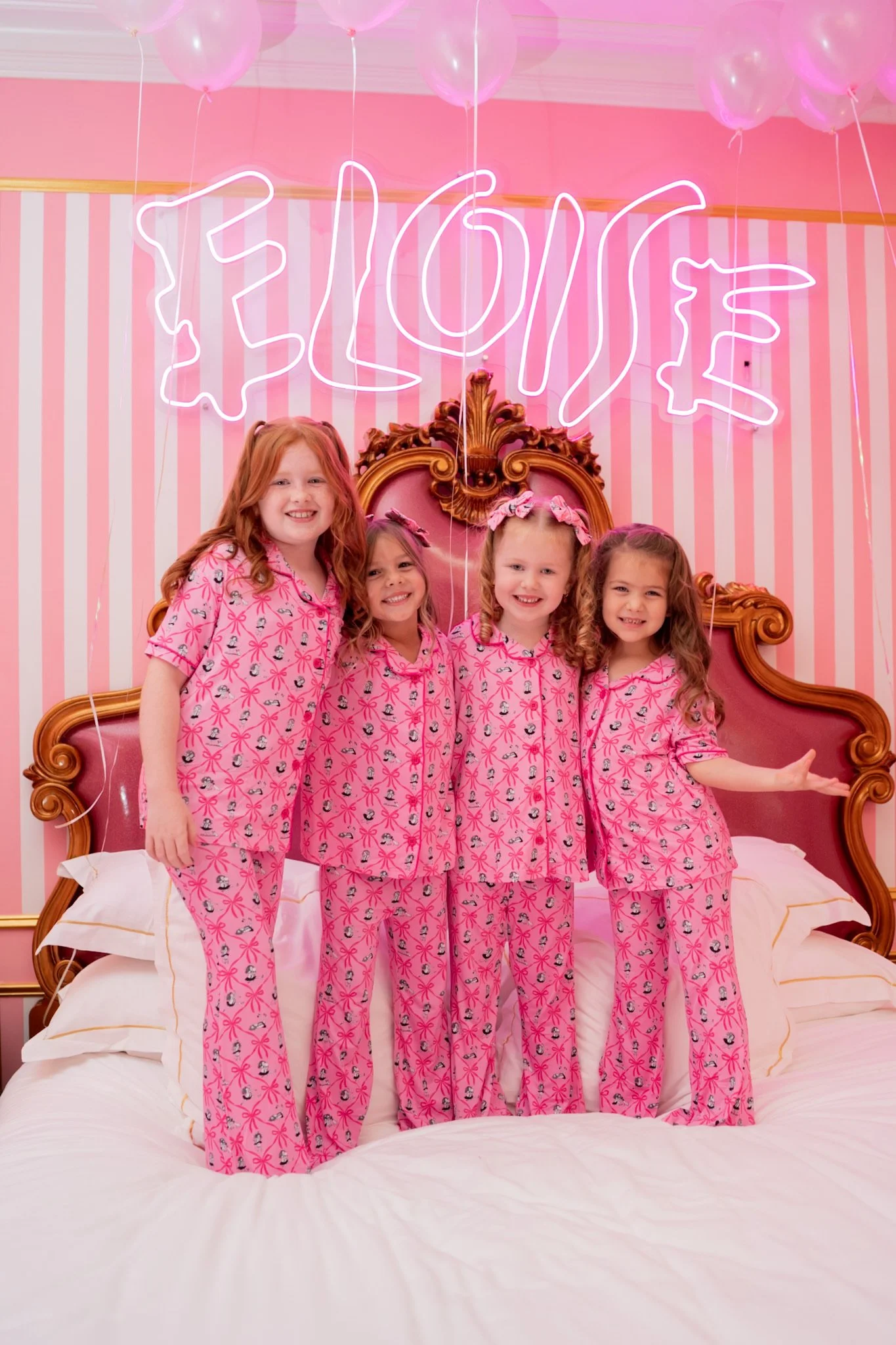
Dream Big Little Co. x Eloise

Keepsake x Invincible
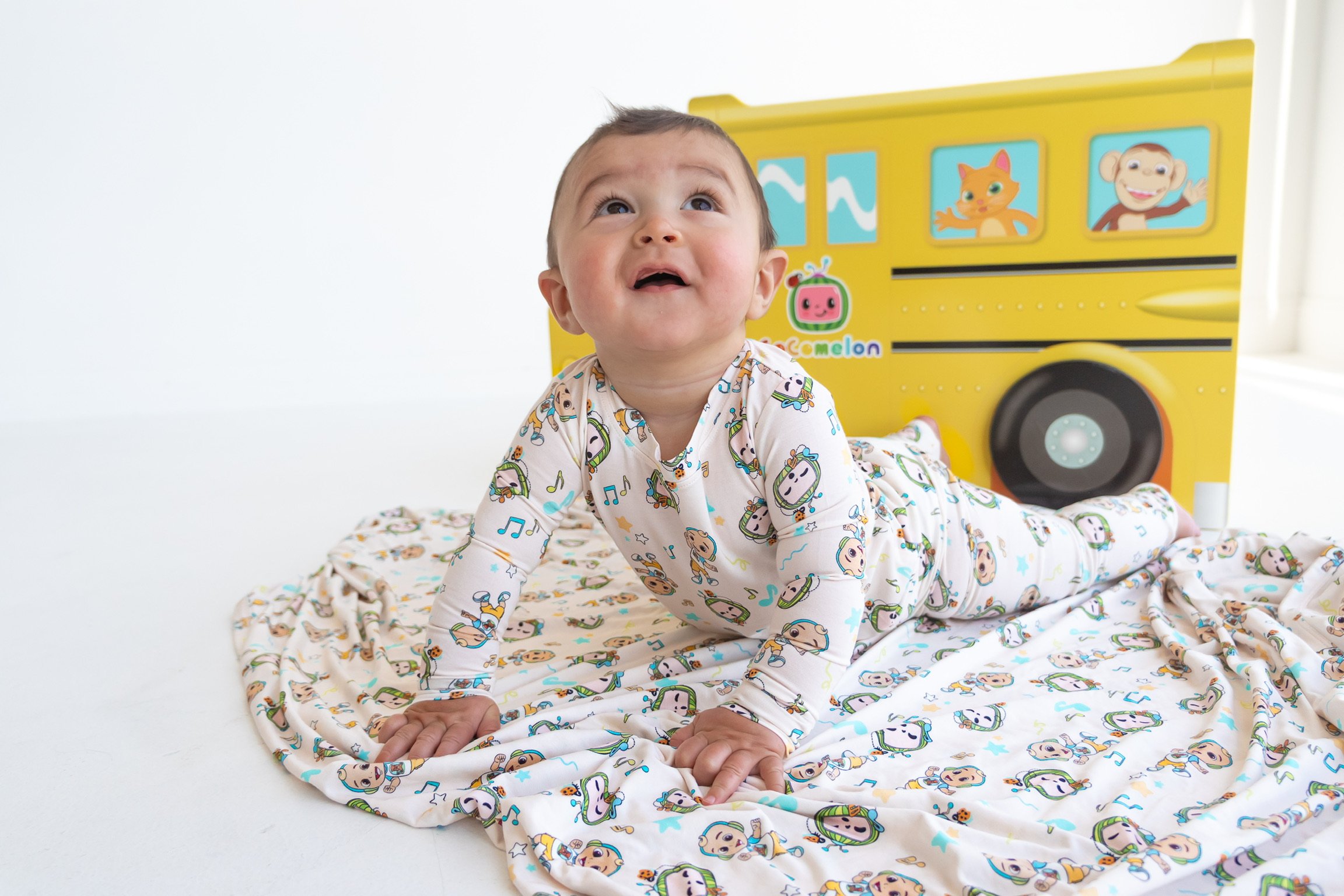
Dream Big Little Co. x CoComelon

Crazy Deuce Studios x Flash Gordon

Steven Singer Jewelers x Care Bears

CFR Management Services x Elf on the Shelf

Unisnacks x Care Bears

Val Cucina

Elihome

Bandou

Comma Football

Dress It Up

Every Man Jack

Hubman and Chubgirl

Crazy Dog

Brooklyn Vertical
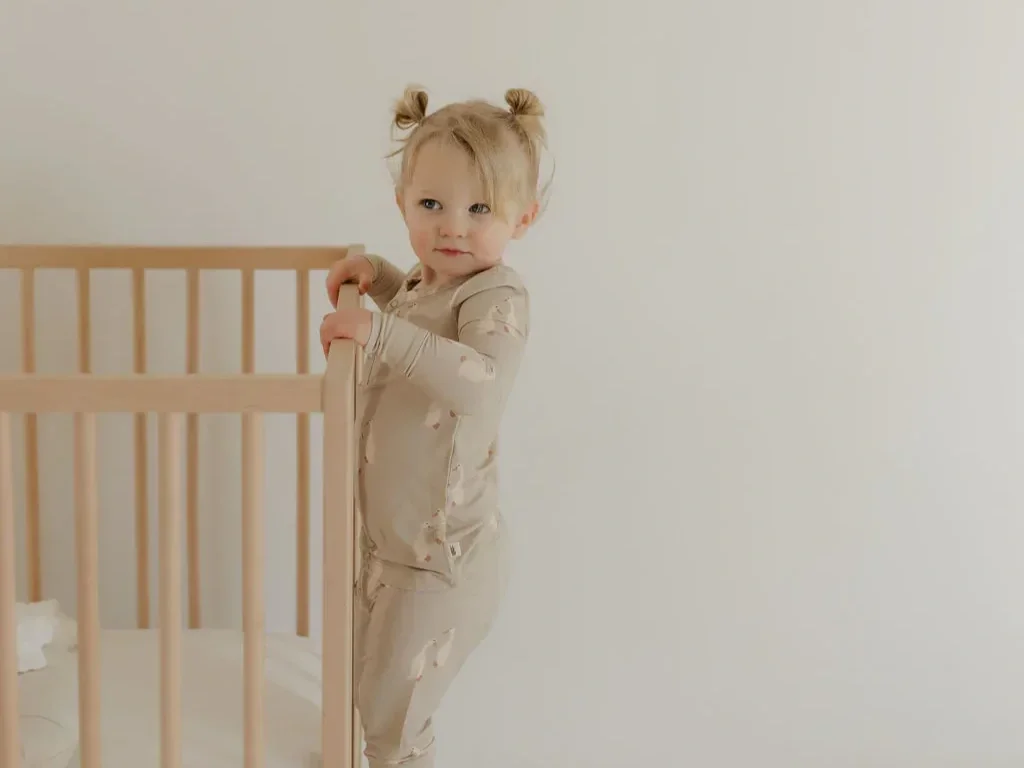
Forever French Baby
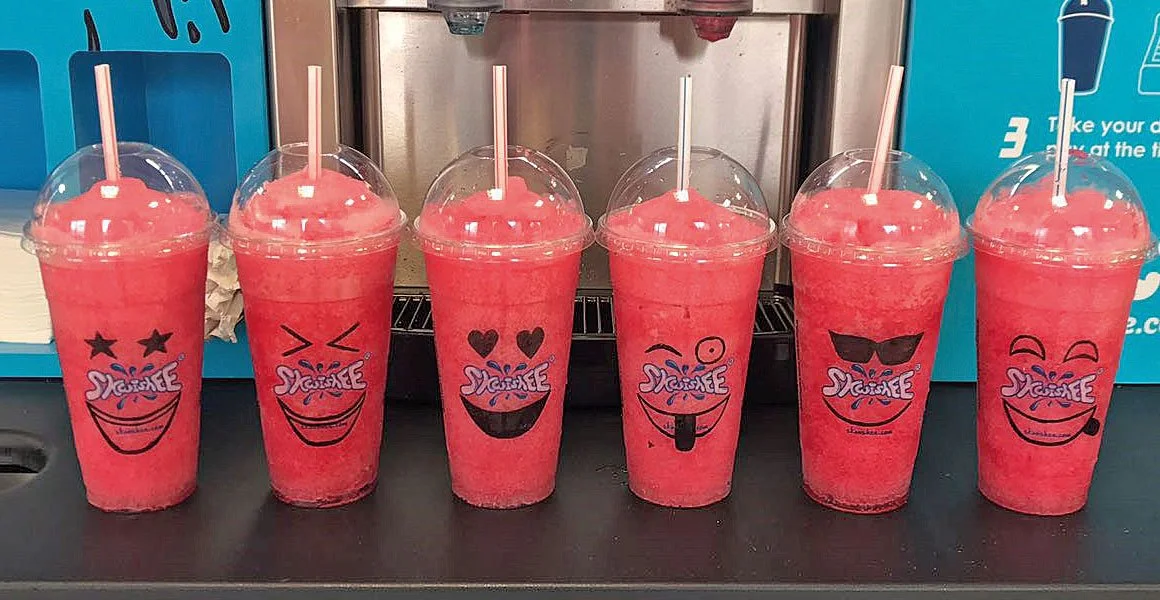
Skwishee

Unico Studio
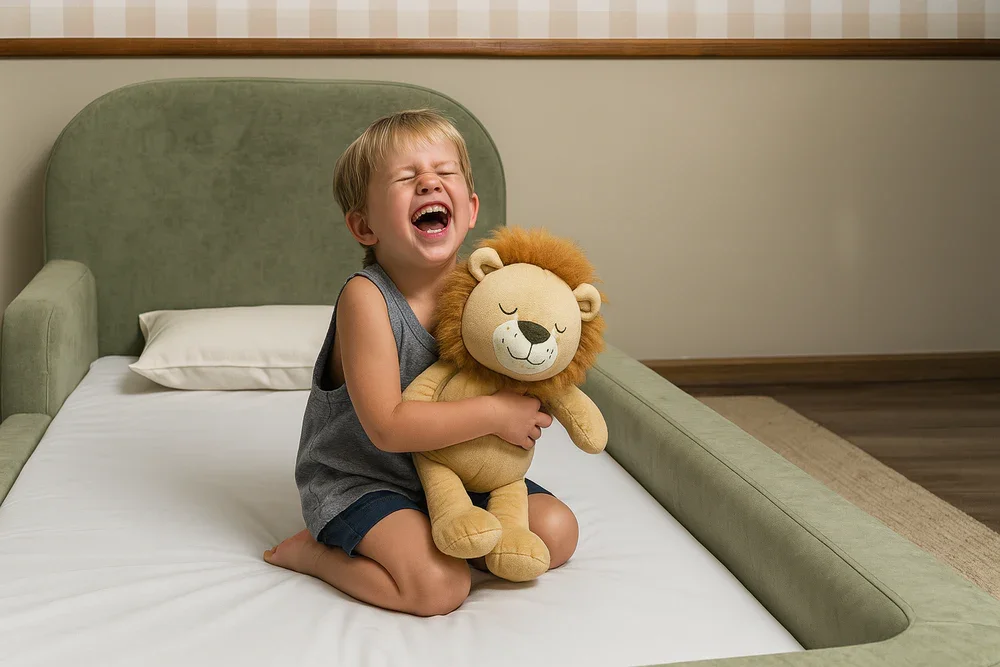
Lifely
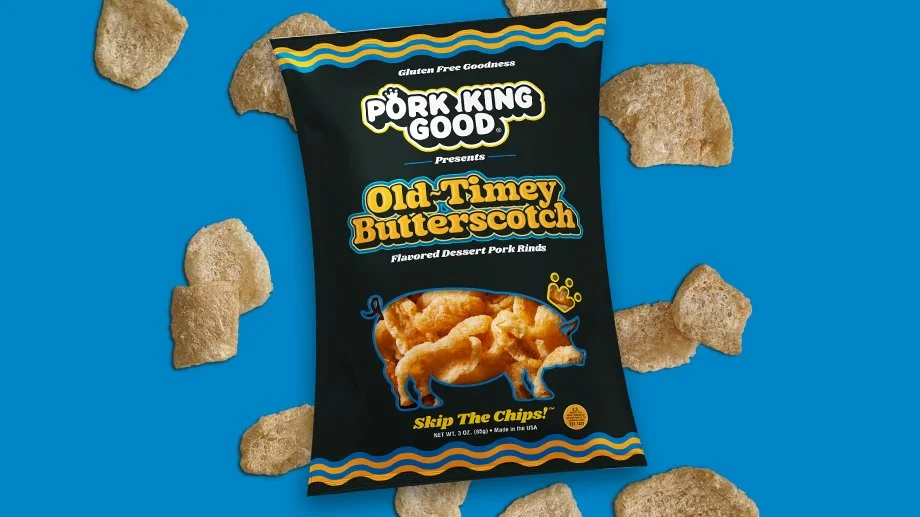
Pork King Good

